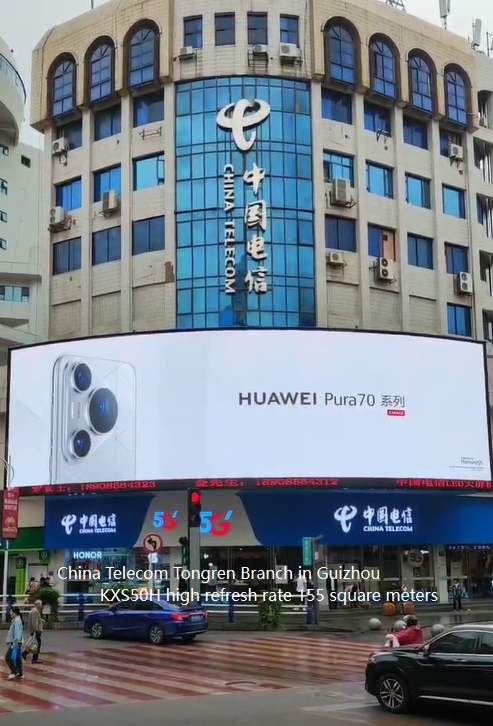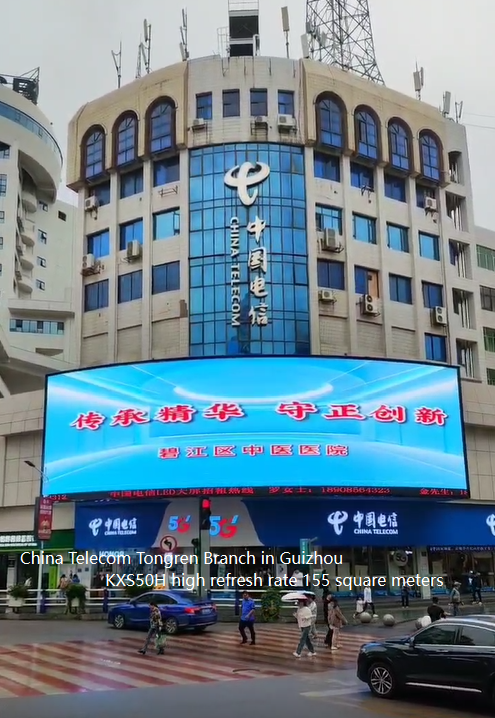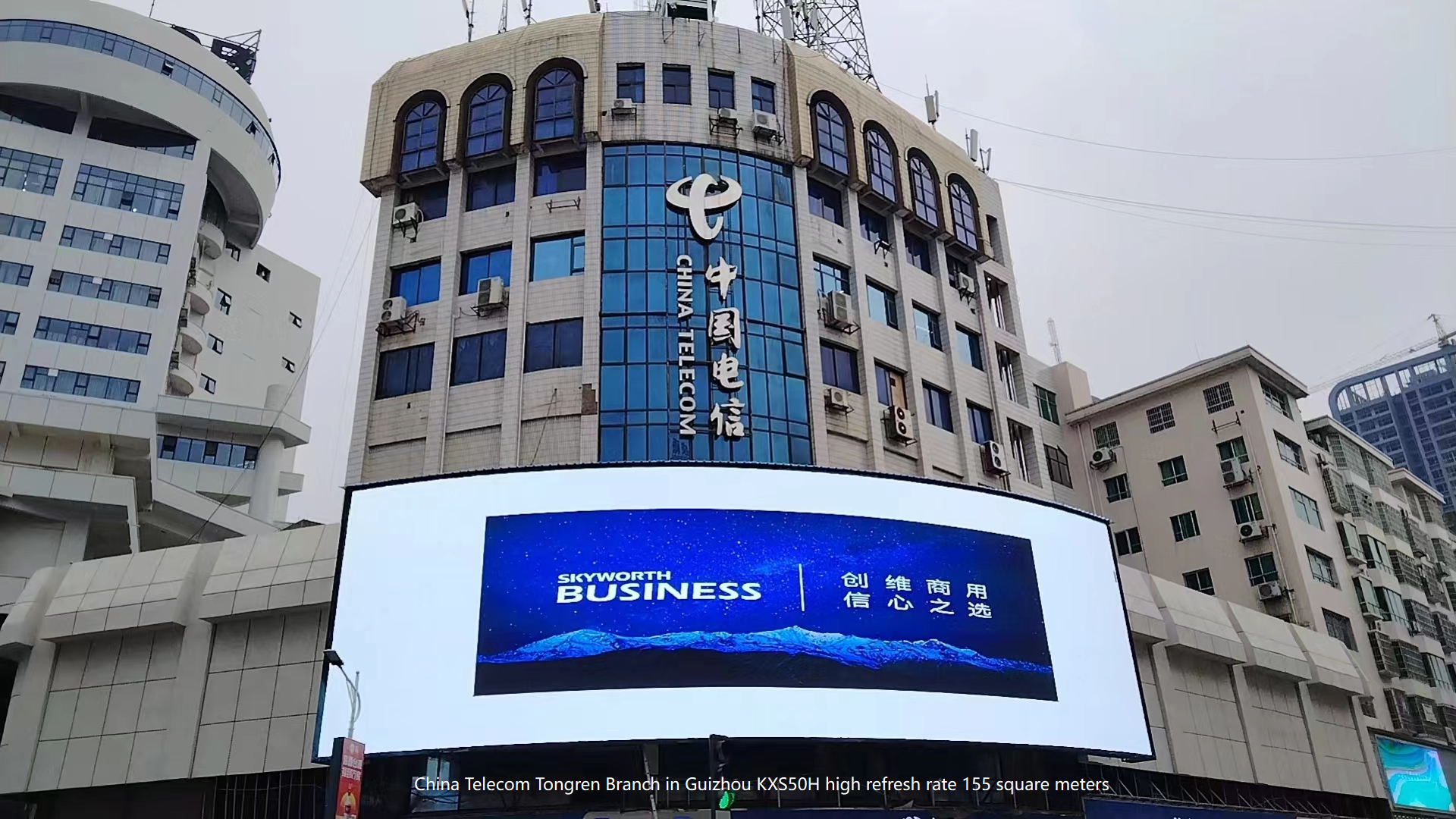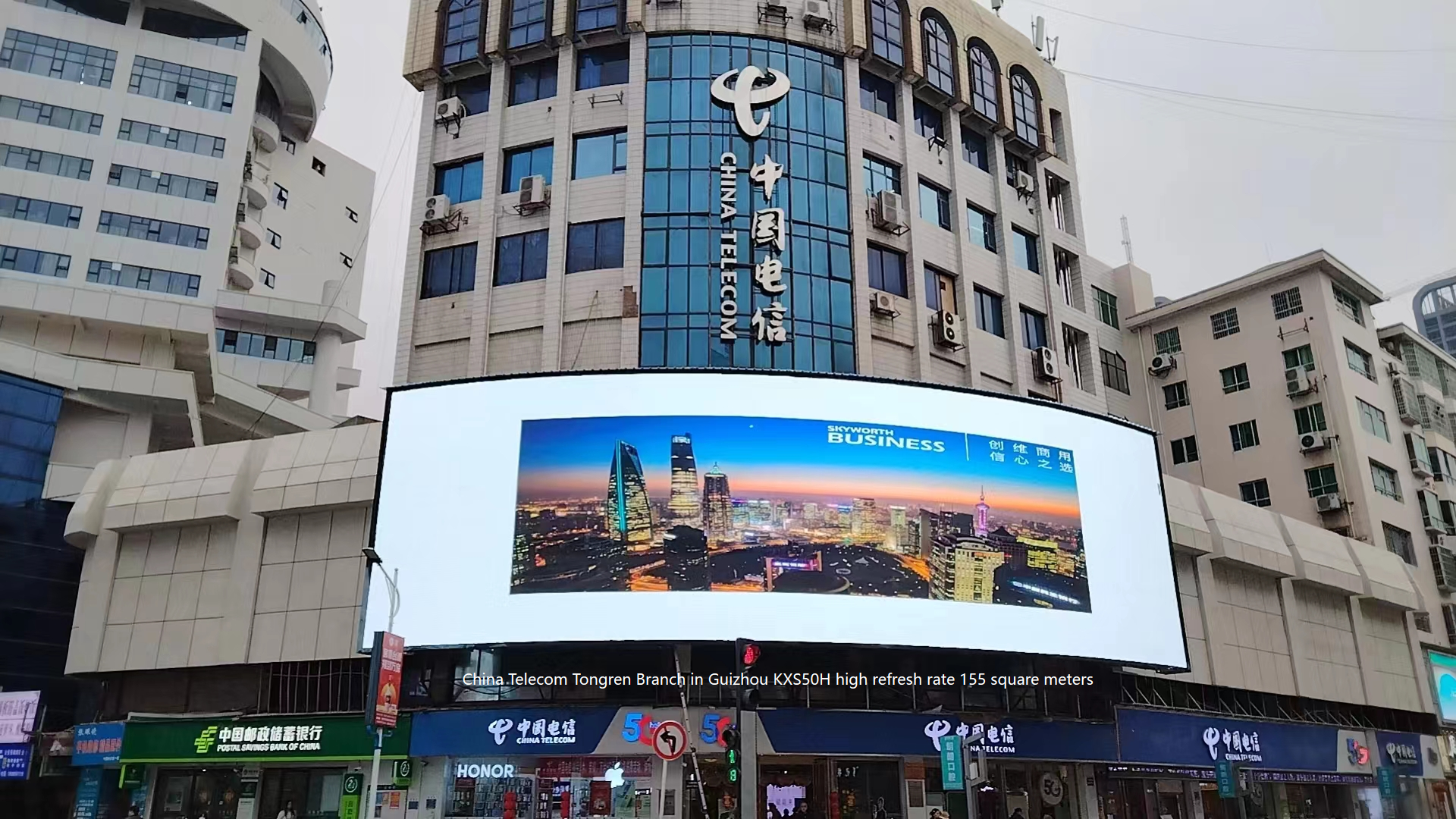Outdoor LED screens get a lot of dirt, dust, and rain, so they need to be cleaned regularly. A soft, dry cloth and special LED cleaning tools can be used to maintain the screen’s polish. If the screen requires a more thorough cleanse, a damp cloth can be used, provided that no moisture enters the electronics.

Protecting Against Weather Conditions
Modern displays often come with dust and waterproofing features, but additional LED display protection is necessary in regions with heavy rain, snow, and strong winds. These displays are more prone to damage and using protective covers along with proper sealing can preserve the LED displays.
Monitoring Power Supply Stability
Outdoor LED displays require stable power in order to maintain peak performance. Power cords need to be routinely checked to avoid potential hazards. Installing power surge protectors along with voltage stabilizers will smooth out the voltage and prevent damage to the circuits. This will avoid sudden power failures and protect the LED display, extending its life.

Verifying Pixel and Color Uniformity Issues
LED displays tend to permanently develop pixel or brightness issues during their lifetime. Routine inspections for dead pixels, color shifts, and dim spots help in timely repairs or replacement of modules. Image consistency during pixel inspection helps maintains quality in imaging, which helps project the display professionally and engages the user effectively.
Maintaining the Appropriate Cooling and Ventilation
Overheating can also impact the display of LEDs. As for outdoor installation, there must be a ventilation system that aids in cooling to the display. Routine checks for fans and other cooling appliances can assist in preventing overheating which can greatly damage the electronic boards and the LED chips.

Professional Inspections Performed
Operators can manage the routine activities, however, professional inspections at least once a year are advised. These are performed by proper technicians who are qualified to do complete inspections of the internal structure, the wiring, and the system software. Preventive maintenance also minimizes the impact of unexpected failures while also decreasing the cost of repairs in the long run. Anyone can conduct repairs, however proper maintenance should be performed by professionals.
Control Systems and Software
Control systems perform all the needed tasks for the display, like programming the content to be projected and altering the brightness of the screen. As with all other software utilized, security protocols, as well as features, need to be updated and maintained, which also assists in the overall system. Other functions such as improving speed, ultra-stability, and performance can also be a result of firmware update.

Conclusion
Regular cleaning and routine checks are essential aspects of caring for outdoor LED displays. Following these suggestions for maintenance will make sure that businesses and event planners will have more dependable displays and enjoy the LED displays’ captivating visuals for viewers for longer.